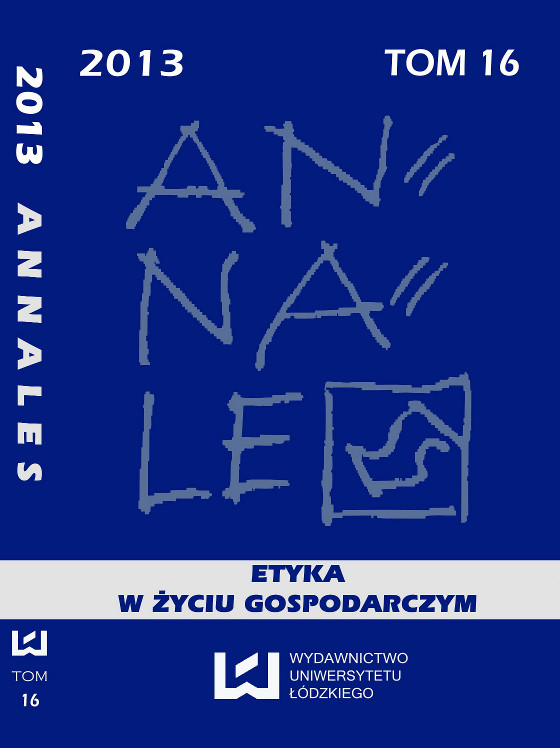(Nie)Etyczna Unia Europejska na Bałkanach
DOI:
https://doi.org/10.18778/1899-2226.16.08Słowa kluczowe:
European Union, Balkans, High Representative, Bosnia and HerzegovinaAbstrakt
Although all the Western Balkan countries have been offered the prospect of European Union (EU) membership, the accession process still constitutes a complicated and multi-aspect challenge. EU support and engagement in the region have resulted in a few successes, nonetheless, describing them as major breakthroughs is far from the reality. Since the establishment of the Dayton Agreement in 1995, ending the conflict in Bosnia and Herzegovina, most of the Balkan states have not managed to accomplish their political, ideological and civic transformations yet. However, the difficult situation and frequent negotiation stalemates are not only the outcomes of the unsatisfactory progress made by the Peninsular countries. Ambiguous and unethical (in some cases) behaviour can also be noticed from the EU decision-makers’ side. The following article aims to present concrete examples of EU external policy actions in Bosnia and Herzegovina which can be described as controversial. However, the author attempts to prove the thesis that unethical external policy is not always a zero-sum game, and in particular circumstances it can be paradoxically perceived as the best solution. Taking into consideration the comprehensiveness of the problem and editorial limitations, the analysis focuses on activities of the High Representative for Bosnia and Herzegovina, who used to be (during four out of seven tenures) the EU Special Representative for Bosnia and Herzegovina.Bibliografia
Dyrekcja Generalna ds. Rozszerzenia Komisji Europejskiej, http://ec.europa.eu/enlargement/potential-candidates/index_pl.htm
Google Scholar
The Peace Implementation Council and its Steering Board, oficjalna strona OHR, 16.02.2012, http://www.ohr.int/pic/default.asp?content_id=38563
Google Scholar
Sokołowska P., Problemy implementacji cywilnych aspektów Porozumienia z Dayton na przykładzie aktywności Wysokiego Przedstawiciela oraz Unii Europejskiej [w:] Bośnia i Hercegowina 15 lat po Dayton. Przeszłość – teraźniejszość – perspektywy, red.
Google Scholar
P. Chmielewski, S.L. Szczesio, Wydawnictwo Uniwersytetu Łódzkiego, Łódź 2011.
Google Scholar
Decyzja Rady 2011/426/WPZiB z dnia 18 lipca 2011 r. w sprawie mianowania Specjalnego Przedstawiciela Unii Europejskiej w Bośni i Hercegowinie, Dziennik Urzędowy Unii Europejskiej, L 188/30, Luksemburg i Bruksela 2011, preambuła.
Google Scholar
High Representative's Decisions by Topic, oficjalna strona OHR, http://www.ohr.int/ decisions/econdec/archive.asp?m=&yr=2000
Google Scholar
Transparency International, http://www.transparency.org/policy_research/surveys_ indices/cpi_2011
Google Scholar
Balkan Monitor. Insights and Perceptions: Voices of the Balkans, Instytut Gallupa, 2010, http://www.balkan-monitor.eu/index.php/dashboard
Google Scholar
The Mandate of the OHR, oficjalna strona OHR, 16.02.2012, http://www.ohr.int/ohr-info/geninfo/default.asp?content_id=38612
Google Scholar
The General Framework Agreement, Aneks nr 10, art. I-II, 14.12.1995, http://www.ohr.int/dpa/default.asp ?content_id=366
Google Scholar
Pobrania
Opublikowane
Jak cytować
Numer
Dział
Licencja

Utwór dostępny jest na licencji Creative Commons Uznanie autorstwa – Użycie niekomercyjne – Bez utworów zależnych 4.0 Międzynarodowe.









